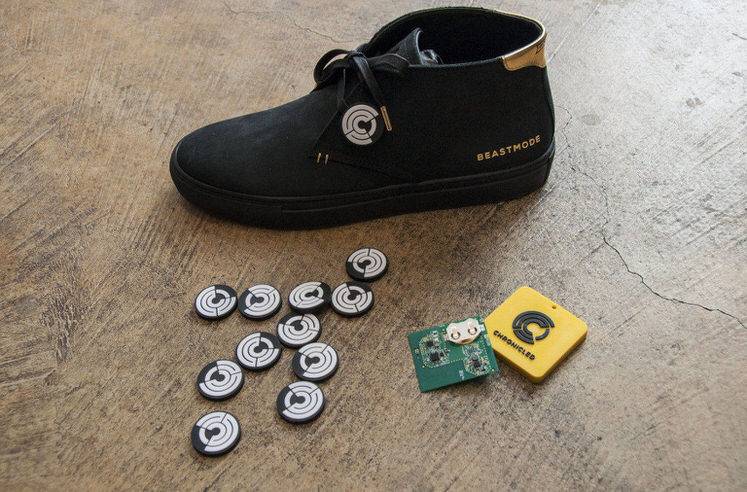The Internet of Things is currently an extremely fragmented market, where a thermostat may connect to a smartwatch, but is unable to connect to a Smart TV or connected door lock.
To reduce fragmentation and improve security, Chronicled, a smart tag authentication startup, has open sourced a program—based on the Ethereum blockchain—that registers IoT devices in an open database.
See Also: Digital trust could be the key to ensure personal health data
Using the same methods as Bitcoin to verify a buyer’s identity without revealing personal information, Chronicled’s IoT database can verify any device that has a smart sensor inside.
In an example Chronicled CEO Ryan Orr provided to CoinDesk, a smart window verifies an Amazon drone’s intention and lets it deliver a parcel. The smart window could verify the intent by checking your Amazon delivery preferences, to see if you have selected window delivery.
“Machines need to have identities so that machines can come to a decision on whether or not to trust the other machine or to understand where it’s from, which services it might be able to offer,” Orr argued.
Blockchain critical to verification
Right now, most Chronicled smart tags are embedded into sneakers. The tags are a form of verification, which ensures the sneakers aren’t fake. That same principle has been applied to Chronicled blockchain database, ensuring that hacked or fake IoT devices are quickly blocked.
Ethereum, the public blockchain platform Chronicled uses, is in a difficult position at the moment. Hackers stole a third of all funds from The DAO, an autonomous venture capital fund, which led Ethereum developers to use a “hard-fork” to revert the hack. Some were angry at the decision, because Ethereum split into two active cryptocurrencies, Ethereum Classic and Ethereum.

















